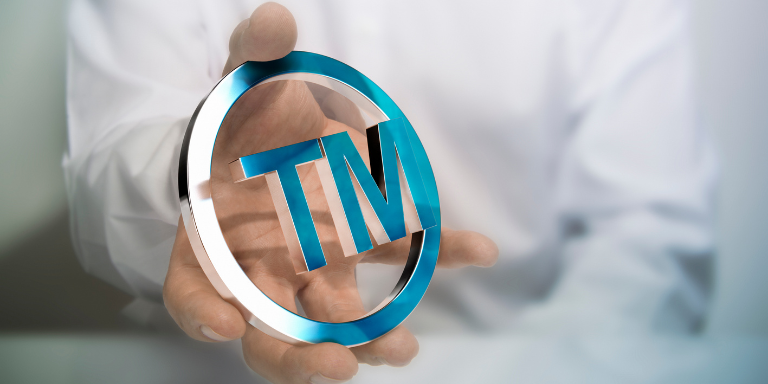Following the Supreme Court of the United Kingdom’s refusal to hear Aldi’s appeal in the Thatchers case, the law now makes clear that selling lookalike products can infringe trade marks, highlighting the growing importance for brand owners of registering and updating packaging trade mark protections.
World Trademark Review ranks Ionic Legal in WTR1000 2026
Ionic Legal’s rapid growth and success has been acknowledged by World Trademark Review, in a listing for two categories in the prestigious WTR1000 rankings.
Supreme Court rules Oatly is unable to use ‘milk’ in trade mark
Supreme Court rules Oatly is unable to use ‘milk’ in trade mark
Top 10 Most Commonly asked Questions about Registered Designs
Ionic Legal shares the Top 10 Most Commonly asked Questions about Registered Designs.
The Price of Vagueness: “Three-Stripes” and You’re Out
Even the biggest brands are not safe: vague trade mark registrations risk unenforceability, as adidas has found out in the Court of Appeal. The UK Court of Appeal upheld the High Court’s decision to invalidate six of adidas’ “three-stripe” position marks for being too vague to define a protectable sign. Background The dispute between adidas […]
Ionic Legal Celebrates Outstanding Legal 500 Rankings 2026
Ionic Legal is delighted to announce a series of exceptional results in the Legal 500 2026 rankings, reflecting the firm’s continued growth, depth of expertise, and dedication to client service. Top-Tier Recognition in IP We are proud to share that Ionic Legal is now ranked Band 1 for Intellectual Property in the North West which […]
Ionic Legal expands IP litigation and brand protection expertise with partner hire in London and new Winchester office
Ionic Legal has strengthened its contentious IP and brand protection offering with the arrival of new partner Tania D’Souza Culora in London as the firm continues its rapid headcount growth. This brings the total number of partners to five in just over one year. Ionic Legal has also grown its office footprint, opening in Winchester […]
Paul Cox reviews the landscape of UK trade mark law post-Brexit
Paul Cox, co-founder of Ionic Legal, spoke at Tavaramerkkipäivä (or Trade Marks Day) 2025 in Finland today, an event organised by the Association of Finnish Lawyers. Paul was giving the Finnish trade mark community the “heads up” on some of the issues arising in the UK since Brexit. In brief, the main points of his talk […]
Celebrating One Year of Ionic Legal
Wow we cannot believe it has been a year since we started. We finally decided to do it last year. After years of talking, thinking, and hesitating, we took the leap. It’s been a rollercoaster, but an incredible one. The past twelve months have exceeded all our expectations in every way. We couldn’t have done […]
Patents
What is a patent? A granted patent provides a monopoly right to prevent others from using an invention without the owner’s consent. The patent itself is a legal document which defines the invention to be protected and explains how the invention works. A patent application is initially filed at the UK Intellectual Property Office, who […]











